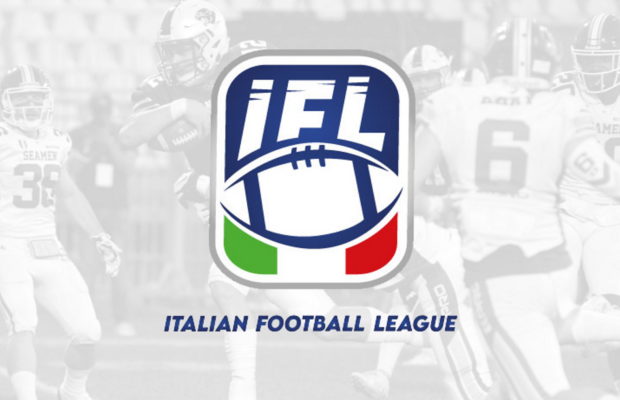FIDAF rebrands top division to IFL

Earlier this week the Federazione Italiana Di American Football (FIDAF) announced it was rebranding its first division to the Italian Football League (IFL). On the surface, the relaunch of top-tier Italian football may seem insignificant, but the context in which it has happened proves it is anything but that.
FIDAF has been a fortress for Italian talent for years. The import rules have stood as testament to this as each team is only permitted two non-Italians on the team and one dual-passport holder at time. And the league has done well, consistently producing a high level of play domestically as well as internationally, with the national team winning the IFAF European Championship this year.
The league has historically managed to retain its domestic players, but at the beginning of 2021, a large ELF (European League of Football) shaped magnet appeared in the middle of the continent. The new league appeared to offer a level of professionalism and media coverage that hadn’t been seen in Europe since the early 2007 with NFL Europe. Players from all corners of the continent were drawn to the bright lights and domestic league teams began to lose players at an alarming rate.
FIDAF felt its hand being forced and announced rash measures. As the Italian first division season drew to a close in July, the league proclaimed that anyone playing in ELF would be banned from playing in any Italian league or for the National team. Whether FIDAF felt threatened or insulted by ELF’s actions remains unclear, but it was certain that the players were the ones being punished for it.
It is therefore in this context that FIDAF’s rebranding to IFL is more than just a cosmetic change. The announcement was accompanied with a declaration to ‘focus on communication and social media to expand the fan base and a streaming platform dedicated to discover everything, but really everything about football made in Italy.’
While the league is insisting its main focus will be ‘football made in Italy’ and ‘expanding the fan base’, its change to an anglicized acronym that is more accessible to non-Italian audiences shows a clear move beyond its immediate surroundings. Whether or not the import rules will also change in an attempt to open its football borders remains to be seen.
It’s almost a certainty that these reactionary moves are intended to meet ELF on the European battleground for dominance over its own territory. But the overwhelming silver lining is that IFL has recognized where it is deficient and is now growing. Other leagues will undoubtedly follow as they try to keep ELF at bay. The last year has shown that European football has the capacity and desire to grow where it remained stagnant for so long. We now need to hope that competition continues and so does the upward trend of Euro-ball.